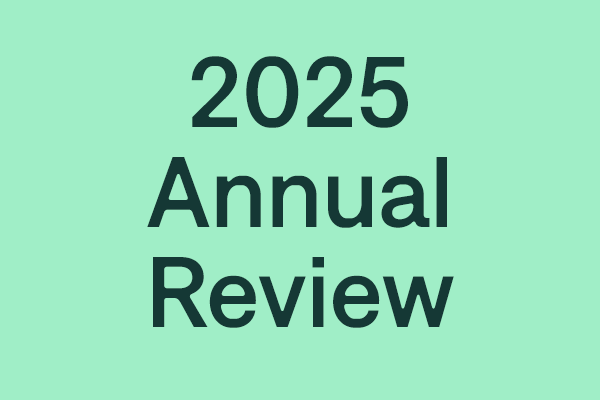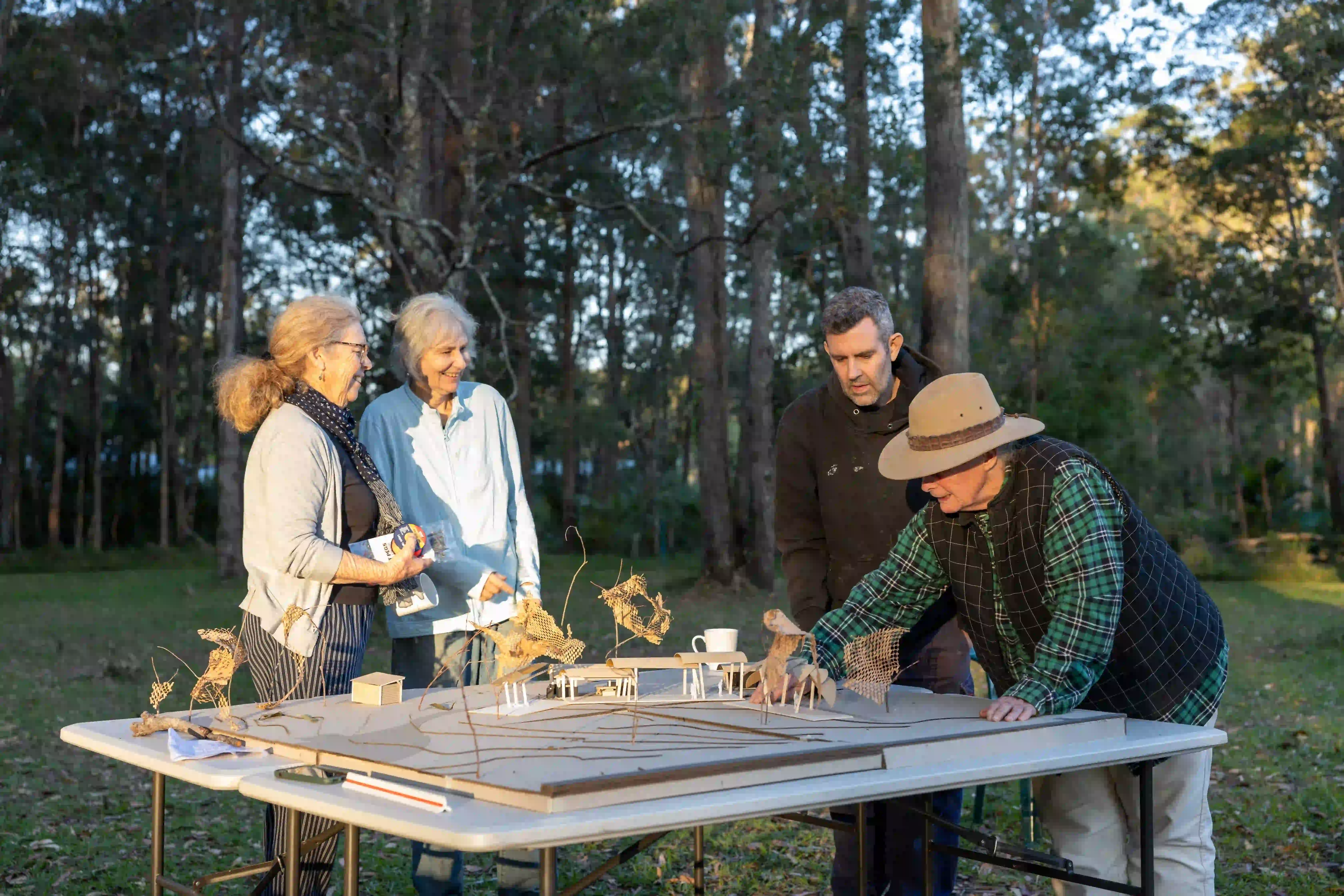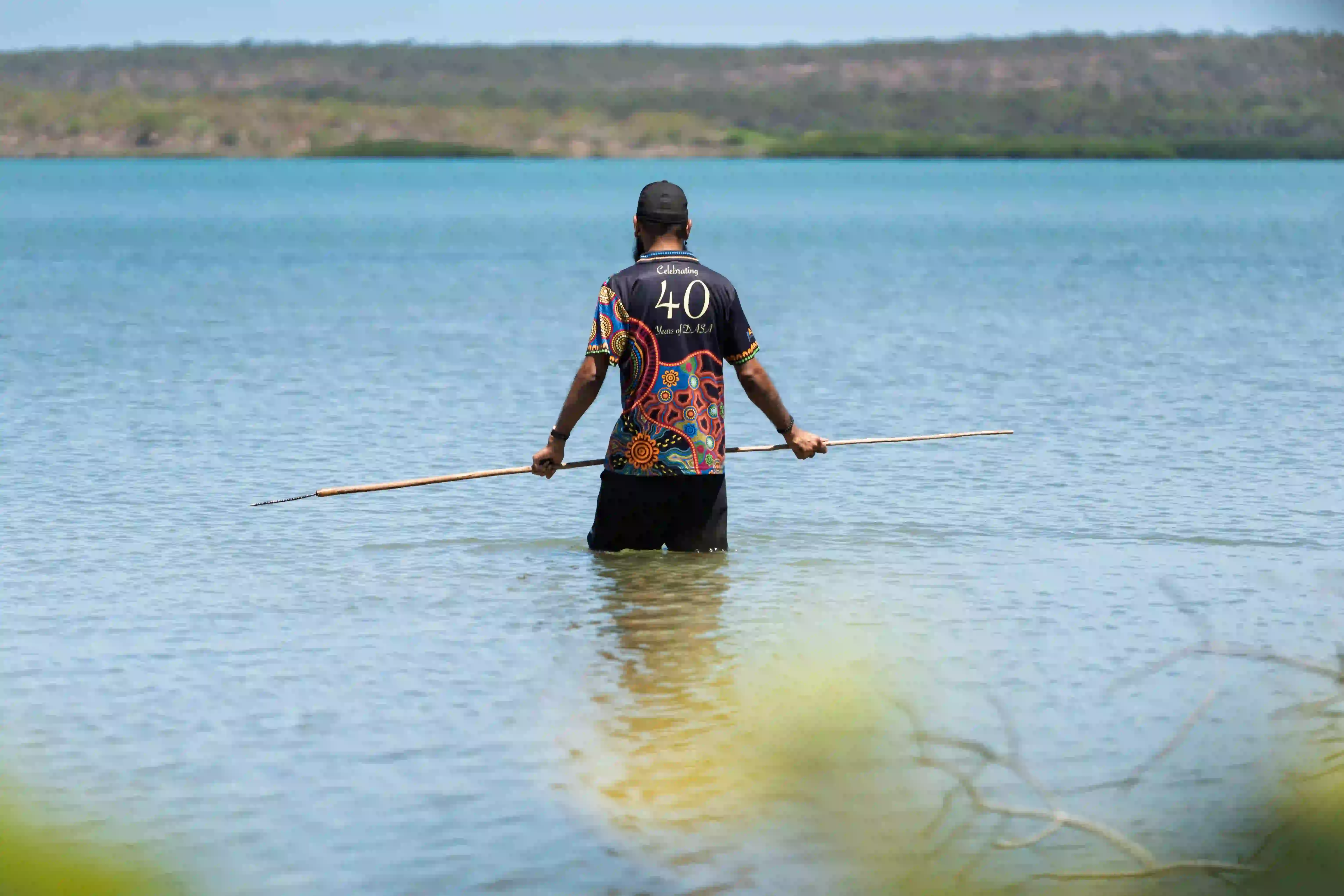Insights from Restacking the Odds Phase 2
At PRF, we're interested in how we can create the conditions for every child to thrive, especially those growing up in adversity. That's why we’ve supported the Restacking the Odds (RSTO) initiative, which works to create a more equitable early years system, by helping service providers and communities collect and use evidence-informed lead indicators to improve the availability, quality, and participation across five essential early years services: antenatal care, sustained nurse home visiting, early childhood education and care, parenting programs, and the early years of school. These are the building blocks of a strong start in life and stacking them together is at the heart of what RSTO is trying to achieve.
We recently commissioned ARTD to evaluate Phase 2 of RSTO, which focused on testing practical tools and strategies that service providers and place-based initiatives (PBIs) could use to measure and improve their work. The evaluation was thorough, fair, and gave us a clearer picture of where progress is being made, and where there’s still work to do. We want to thank the ARTD team for their care and rigour, and the RSTO team for their deep engagement in the process.
Here’s what stood out to us from the evaluation.
Data is just the start. It’s what you do with it that matters
RSTO developed a data platform to ingest, calculate and visualise lead indicators, as well as training in Continuous Improvement, for early years services to help them collect and use evidence-based lead indicators to answer three important questions: Are there enough services in each community to meet demand? Are children and families participating in them at the right dose? And are they high quality? These tools helped some partners build their data literacy and confidence. But the value wasn’t just in having new metrics: it was also in creating the space and capability to use data to inform action. As one partner said, “We didn't want to collect data for the sake of data. We wanted to make decisions and advocate for what our community needs.”
Relationships are essential infrastructure
Where RSTO worked well, it was because there was strong leadership, shared goals and values, and time invested in building trust. This was particularly important in place-based initiatives, where progress looked different from site to site. The program was most effective when local people were supported to make sense of data in their context, not just to track indicators, but to drive meaningful conversations and change.
Sustainability and scaling take more than good ideas
The evaluation flagged some important questions for scaling. While many of the prototypes developed are promising, their sustainability will depend on more than goodwill. Services are stretched, and many partners may only be able to continue this work if funders support it and require reporting against the lead indicators. This points to the importance of aligning funding settings with what we’re asking organisations to do.
On scaling, RSTO has made progress, including with new partners and in adapting dashboards for different settings. But real systems change will likely require action at a policy level. If governments and funders adopt lead indicators and reward improvements in quality, participation and equity, that could embed these practices more deeply and consistently across services.
It's time to revisit the program theory
One of the most important takeaways was a recommendation to step back and critically reflect on the assumptions behind RSTO. The current theory is that better access to data will lead to better decision-making, which will in turn improve services for children. But that logic only holds if services have the resources and connections to act on what the data shows. In some cases, it’s not lack of insight that holds systems back: it’s structural issues like workforce shortages or disconnected funding streams.
You can read the full evaluation report and we welcome reflections and questions from others grappling with similar work.










